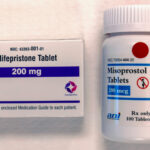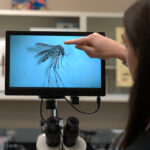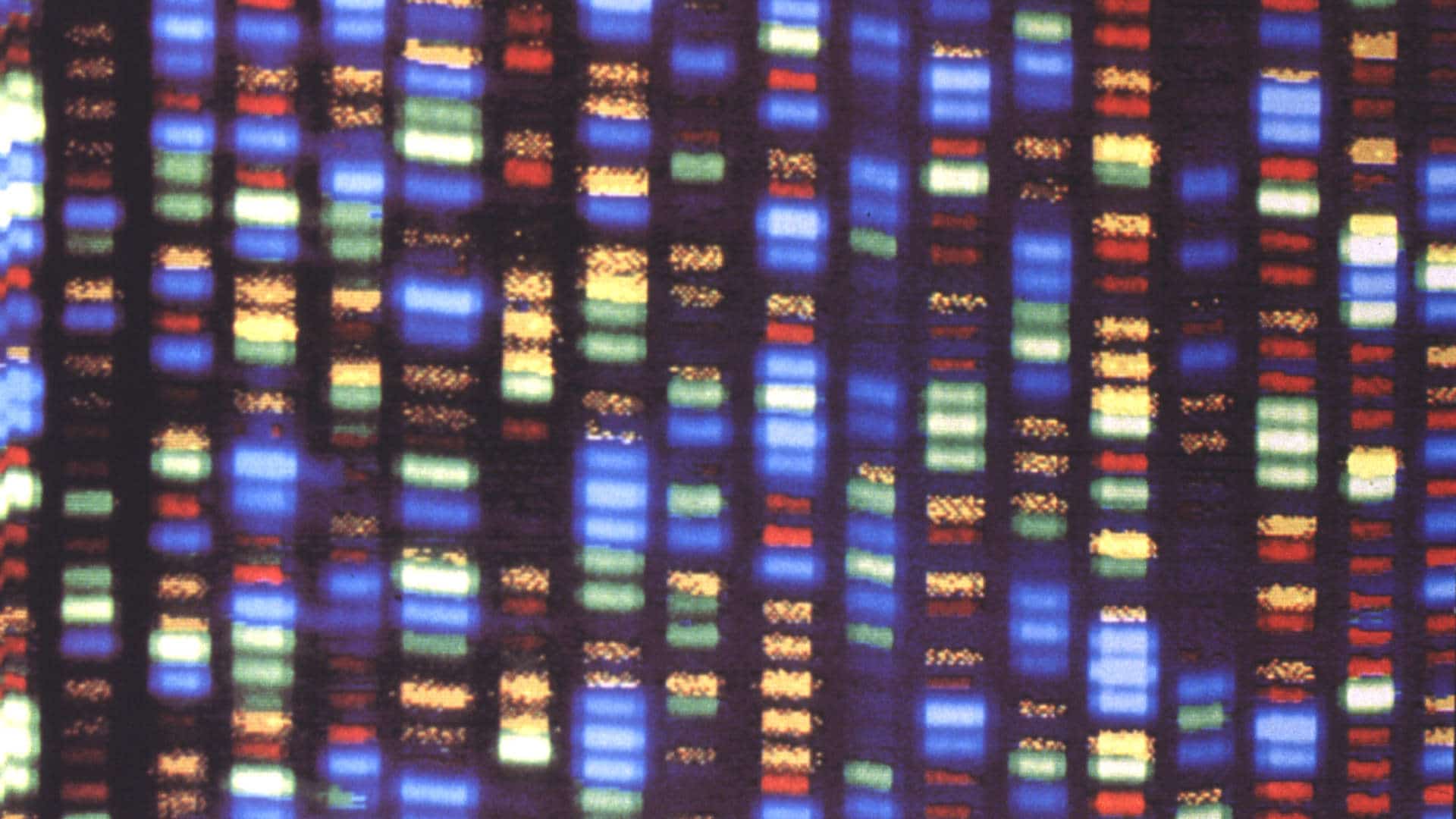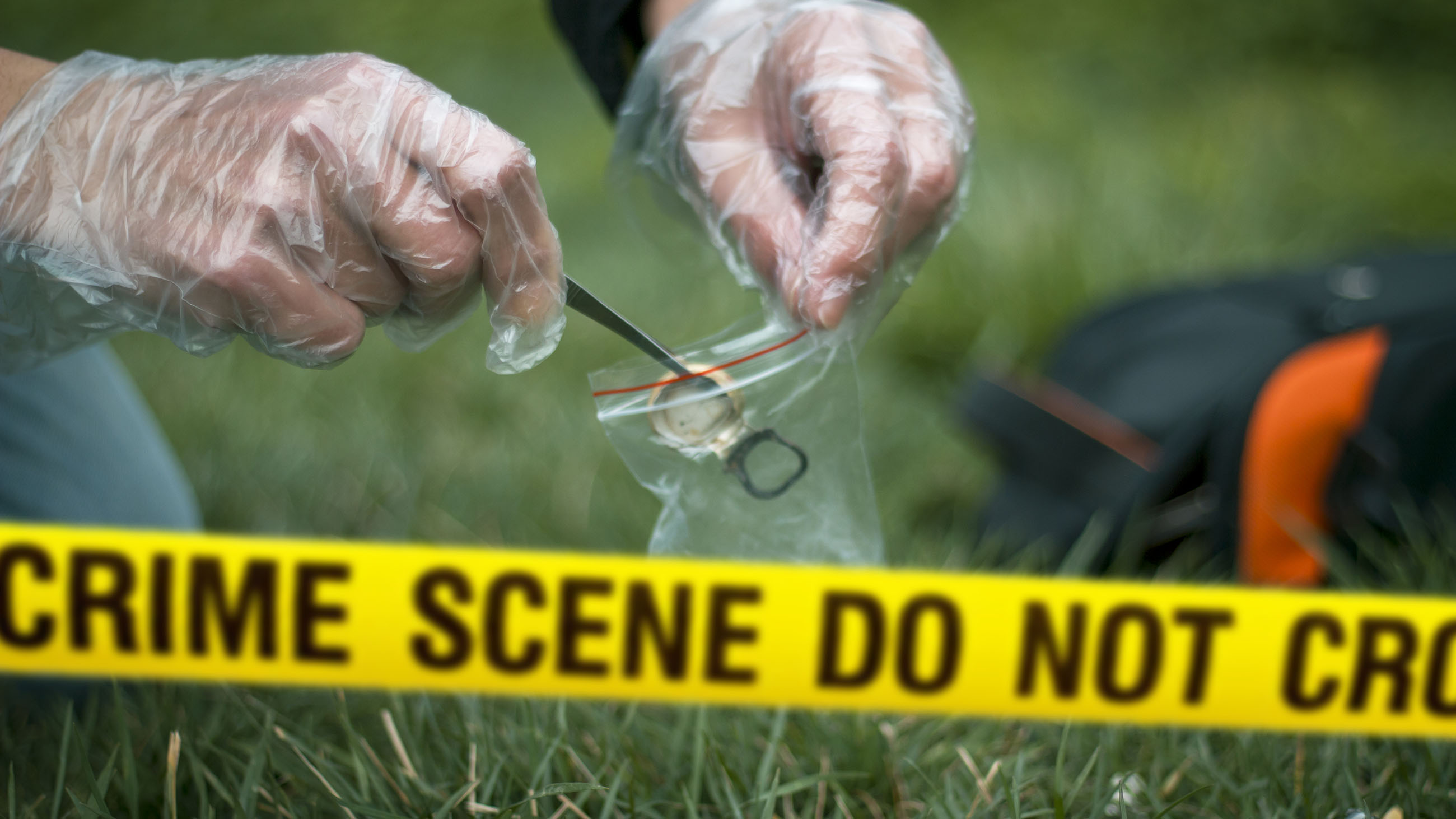In Maryland, the Steep Cost of Delayed Rape Kit Testing
Bernard Webster had lived in a prison cell for a decade when he first heard about DNA technology. He started writing to everyone he knew trying to get evidence tested in his felony rape case. It took a whole other decade for him to be exonerated in 2002. Another two decades later, he may get the compensation he is due. Under a Maryland law updated this year, the state could owe him $1.7 million for the time he was wrongfully imprisoned, less the $900,000 the state has already paid him.
Webster’s case is one example of the costs of delaying DNA testing, yet the collection of microscope glass slides that was used to exonerate him remains mostly untested. The stash of physical evidence from more than 1,800 cases comes from one of the country’s oldest DNA databases of rape crimes, which is stored in a Baltimore County hospital. County and state officials renewed efforts in 2019 to finish processing it, along with more than 6,000 unsubmitted rape kits stored in police inventory rooms across the state. ProPublica’s “Cold Justice” series this year spurred additional pleas and pledges for testing after we chronicled how DNA samples that were preserved decades ago by Dr. Rudiger Breitenecker helped solve some of the county’s most brutal cold cases.
However, most of the cases still remain in the queue.
This story was originally published by ProPublica and is republished here under a Creative Commons license.
A large part of the delay comes down to unfortunate timing. The backlog efforts began just as a new state reform law went into effect in January 2020, requiring most newly collected rape kits in Maryland to be tested for DNA. The large influx of DNA from the multiple efforts strained already resource-tight forensic labs and police staff. Then, the Covid-19 pandemic struck. “The second Covid happened, everything ceased,” said Jeff Ray, a police assistant working on the testing projects in Baltimore County. There were stay-at-home orders, backed-up orders for supplies needed for testing, slowdowns at private labs. The project has regained steam, Ray said, but is still taking more time than one might think.
Thirty-five cases, or about 3 percent of the remaining ones from the Baltimore County hospital’s inventory, were tested over the last two years. Close to 300 rape kits, or about 4 percent of the state’s inventory of unsubmitted kits, have been tested, according to state records as of July 31, 2021. (The evidence kept in the hospital was not included in the state’s inventory because it preceded standardized rape kits.) “One of the things that keeps coming up time and again not just locally, but also nationally, is lab capacity,” said Shelly Hettleman, a state senator who represents Baltimore County and who sponsored the testing bill and a number of other reform measures. Hettleman helped secure grants to pay for some of the DNA testing and is now working on additional funding to expand forensic lab capacity.
Maryland and many other states have contracted with Bode Technology, one of the largest private forensic DNA testing companies in the United States, to ramp up testing to meet mandates and help clear rape kit backlogs. Testing mandate laws such as the one in Maryland have generally meant that states test about three times the number of rape kits than they did before, according to Andrew Singer, vice president of Bode’s Global Marketing and Operations division. Maryland is one of 34 states to pass such laws in recent years.
“We saw some of the same lag with the state of Wisconsin,” said Ilse Knecht, policy and advocacy director with the Joyful Heart Foundation, a survivor’s advocacy organization that has been tracking rape kit testing across the country. “It takes time to coordinate with the various law enforcement agencies to send their kits and to find files. Mandatory testing of new kits certainly factors into lag times due to lab overload.” Still, she expressed concern about how long it is taking Maryland to make a “real dent” in the backlog.
The delays are not all Covid-19-related. Some agencies have been taking their time sending cases in for testing and reevaluation, according to Zenita Wickham Hurley, a Maryland assistant attorney general who chairs the state’s sexual assault policy and funding committee, which is arranging much of the testing. She added that the committee has engaged some of its law enforcement affiliates to “rally the troops” at other agencies in recent months, urging them to not delay submitting kits for testing. The Maryland Coalition Against Sexual Assault is providing outreach support to the backlog efforts, said its executive director, Lisae C. Jordan. “Some law enforcement agencies have resisted working with advocates or been less than receptive to a project that will reopen some cases they thought were closed,” she said.
Some agencies have found a way to make significant progress despite the pandemic.
The Austin Police Department in Texas just announced that it no longer has a backlog. It added several new detectives to its Sex Crimes Unit and refocused efforts on solving cold cases after survivors sued the city and Travis County for mishandling sexual assault cases.
The Baltimore County Police Department, which Hurley calls a “leader” in Maryland’s effort to reform sexual assault evidence practices, has tested more than 40 percent of its unsubmitted rape kits in the state inventory. It has also solved a number of cold case rapes and a couple of decades-old murders this year, thanks to new DNA technology and reevaluated clues from the hospital DNA database.
Police solved the cold case of 13-year-old Heather Porter, who was raped and murdered in 1981, with forensic genealogy analysis provided by Bode and the FBI. Investigators found a close match to a man who had been arrested three times for rape in the 1960s and once for indecent exposure and assault in 1983 and exhumed his body to confirm the match.
Another case involved the 38-year-old rape and murder of Alicia Carter, a 21-year-old whose body was found stabbed to death on the then all-women’s Goucher College campus. Carter’s case had been complicated by the severe deterioration of her body by the time police found her five days after her disappearance during the summer of 1983.
ProPublica requested Carter’s file from the police this year through Maryland’s open records act after their “Cold Justice” investigation found several similarities between her case and nearby sexual assault cases. Prompted by their inquiries, detectives cracked the case by reevaluating nearby cold cases that have been solved in recent years through DNA evidence saved by Breitenecker at the Greater Baltimore Medical Center.
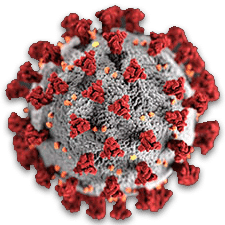 |
For all of Undark’s coverage of the global Covid-19 pandemic, please visit our extensive coronavirus archive. |
The DNA exposed a pattern by Alphonso W. Hill, now 70, a serial rapist who preyed on women in and around Goucher’s campus in Towson during the late 1970s and 1980s. Detectives presented the evidence to Hill, who is now incarcerated in Maryland’s Eastern Correctional Institution, and he confessed to murdering Carter as well as to committing possibly a dozen other unsolved rapes in the area. Survivors, many of whom have spent decades looking over their shoulder for the previously unknown perpetrator, have since received some relief knowing that their cases are finally closed and that Hill is locked up, likely for life.
“With just that one case that was solved with these slides, I think there should be a little lights and sirens on that testing!!” Knecht, the victim advocate, wrote in an email.
The cost of unexamined rape evidence has become more apparent over the years as states process tens of thousands untested kits. Researchers have found the perpetrators continued to commit violent crimes after women reported the rapes.
Prosecutors in Michigan calculated the economic cost of just one unchecked serial rapist to be $1.5 million, as he assaulted four additional women during the time that the rape kit from his first victim lay untested. The economic damage resulting from one rape is estimated to be $240,776 and includes expenses incurred by the criminal justice system and the toll on the lives of victims, such as health costs and lost wages.
A few days after Bernard Webster was freed in 2002, police arrested Darren Lyndell Powell for the 1982 rape Webster was wrongfully convicted of. Powell was convicted the following year. He had gone on to assault at least one more woman as Webster remained behind bars. The testing of the slides exposed more than a dozen other suspected serial rapists.
Laura Neuman was already frustrated by the long delay in examining the hospital slides when Baltimore County officials announced the renewed testing effort two years ago.
She was the first of Hill’s survivors to have her case solved. After her relentless efforts to get the case investigated, cold case detectives in Baltimore City solved it with a latent fingerprint in 2002. She has compared living those 20 years with an unknown predator to living in a sort of prison where nowhere is safe.
Neuman helped survivors in Baltimore County seek justice against Hill in 2008. She was at the press conference a decade later when officials announced renewed efforts to test more of the slides that had exposed him as a serial rapist. She believes such testing will close more unsolved Hill cases.
Though many people have described the current process as “slow,” she calls it “unacceptable.”
“Covid or no Covid, this is unbelievable. It’s been more than 40 years in some cases,” she said. “The survivors are going to pass before we have the evidence tested.”
Neuman wrote to Maryland’s House of Delegates Speaker Adrienne Jones this week asking that the state legislature set aside enough money to process the remaining untested evidence in the hospital and across the state.
Breitnecker, who originally had the foresight to save the evidence, had been excited about the renewed effort and hoped to write about the outcomes. But in late September, Breitnecker died from kidney failure. He was 91. As Baltimore County police escorted his ashes to his church for burial on Nov. 27, the department was still waiting to fully process the first batch of 50 cases from the hospital. There had yet to be any arrests or exonerations from the most recent effort.
Webster’s compensation case has passed through two administrative hearings this November and December with no objections from the state. Gov. Larry Hogan and others on the state Board of Public Works will likely rule on the case in February.
Catherine Rentz is a journalist and fellow with Johns Hopkins University Saul Zaentz Innovation Fund where she is developing ProPublica’s “Cold Justice” series into a documentary.






